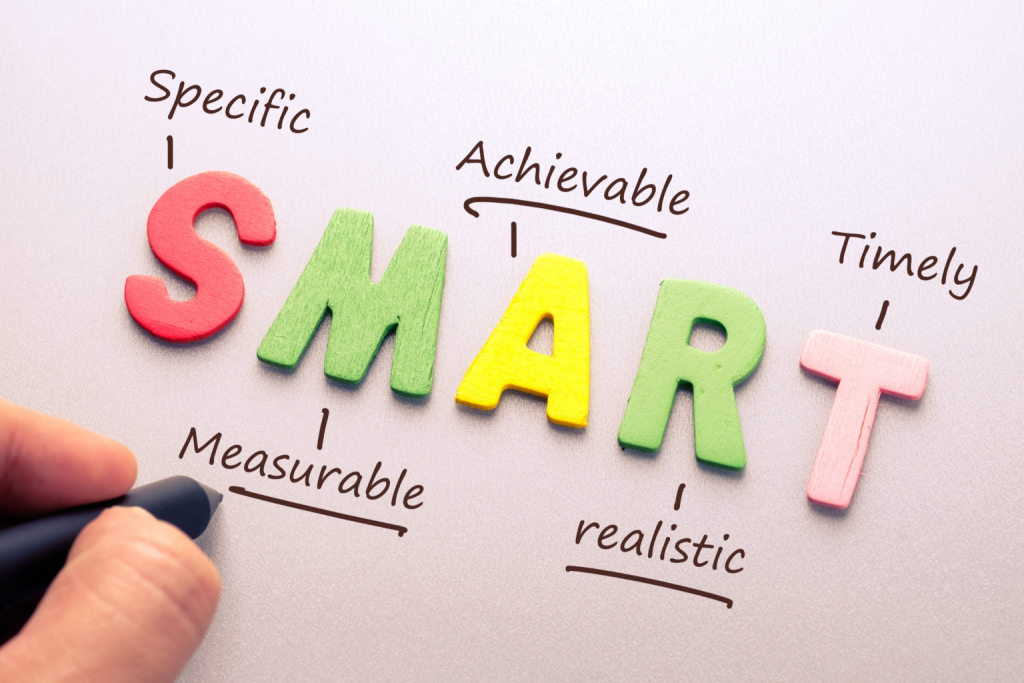To set or not to set?
by Kat B Kat (BSc in Computer Science, PGCE) has been teaching since 2011 and is working on her MSc at Oxford University. She speaks 7 languages (English, Danish, German, French, Polish,
post
Written by Matthew W, Head of English Department Leader and IB / Theory of Knowledge Tutor.
Metacognition is a process which enables learners to navigate the treacherous waters separating them from success in a particular task, assessment or project. Defined as ‘knowledge and understanding of your own thinking’, this article will seek to unpack the key elements of this autonomous, cognitive approach through a chronological exploration of planning, monitoring and evaluating. If enacted successfully, students learn to self-regulate; to identify bespoke strategies, resources and approaches; and to gain a clear awareness of their areas of strength and knowledge gaps. Undertaken impactfully, students will consider ways in which knowledge is acquired; prioritise according to context; and identify misconceptions, all of which coalesce in a metaphorical oar used to propel them along the tumultuous and unpredictable river towards confidence, achievement and mastery.
Before embarking upon a particular task, assessment or project, metacognitive learners must endeavour to establish their goals, approaches and prior knowledge. Goals should be formulated through target setting approaches informed by previous experiences, work and feedback, and can be structured through the SMART (specific, measurable, achievable, relevant, timed) acronym. Approaches to learning entail strategies (such as spacing, interleaving and dual coding) and resources (including graphic organisers, checklists and flashcards) some of which students may have acquired in different subject contexts thus facilitating cross-curricular learning. To secure an understanding of individual prior knowledge, students could conduct some form of knowledge drop in which they write down everything they can remember about a topic before switching to a different coloured pen and using other sources to identify knowledge gaps and to pose questions. Together, this preparatory work, also titled a ‘Premortem’ in which potential obstacles are foreseen, should serve to lay the foundations upon which the next metacognitive stages can be built.

During a particular task, assessment or project, metacognitive learners must strive to monitor their progress through formative assessment, questioning and adaptation. Formative assessment can be divided into self and peer-led approaches and then subsequently sub-divided into methods including retrieval practice, quizzing and summarising. Questioning – a key indicator of inquisition and curiosity – should be carefully structured by moving from closed-answer questions (beginning with stems remembered as ‘The 5Ws’: who, what, when, where and why) to open-answer questions (such as How might…? What if…? and ‘To what extent..?) through which learners consider alternatives and possibilities as they explore relevant concepts. The crucial, and difficult, skill of adaptation enables learners to strategise (i.e. to cease, maintain or increase efforts towards an aspect of the process) depending on factors including time, effort and outcome to overcome hurdles and to find solutions.
After having completed a particular task, assessment or project, metacognitive learners must reflect and evaluate through an appraisal of the plan, the process and the final outcome or product. Regarding the feedback loop, some learners may choose to conduct the third and final evaluative stage before receiving expert feedback and perhaps a score/mark/grade, whilst others may benefit from conducting this stage before the summative assessment has been responded to and scored/marked/graded. To facilitate this stage, learners should keep a staged record or diary of their process throughout in order to be able to make a judgement about which aspects were impactful and which weren’t. Importantly, the most self-aware learners will analyse the sources of these impacts and take steps to ensure that the successful aspects are repeated and adapted whereas the unsuccessful aspects are either disregarded or modified with improvements. Crucially, learners can only evaluate the extent to which they succeeded with a clear knowledge of previous mistakes, exemplary features, effective time management, personal goals, and peer collaboration.
Imagine a scenario in which all learners achieved the optimal balance by managing their intrinsic knowledge, minimising their extraneous knowledge and maximising their germane knowledge. With effective application of this metacognitive formula, student outcomes will improve (with marginal gains recorded at between 5-8 months progress) across myriad subject areas. Furthermore, once established as experts of metacognition, students can be empowered to impart their expertise to peers via modelling, mentoring and coaching. Viewed through a broader, societal prism, students who can confidently and flexibly adopt a metacognitive approach to any task, assessment or project should be well-equipped to navigate applications for university courses, apprenticeships, internships and, ultimately, jobs. Inherent to metacognition are key twenty-first century competencies – such as perseverance, grit and emotional intelligence – which when paired with divergent thinking, epistemic character and creative solutions to challenging tasks, underline the benefits of metacognition to manoeuvering through an uncertain contemporary world. Like the kayaker who navigates a route through choppy waters, learners who plan, monitor and evaluate utilise a paddle which those who don’t forfeit.
Read More
by Kat B Kat (BSc in Computer Science, PGCE) has been teaching since 2011 and is working on her MSc at Oxford University. She speaks 7 languages (English, Danish, German, French, Polish,
As written by Ella MA English Literature, Oxford University In the wake of the global pandemic, I continue to have respect for the resilience and stamina shown by the children and teachers
This article was written by Tom M, a tutor of Bespoke Tuition, Qualified Teacher and ex Physics Teacher at Tiffin School who has delivered bespoke private tuition since 2010. To request a tutorial
